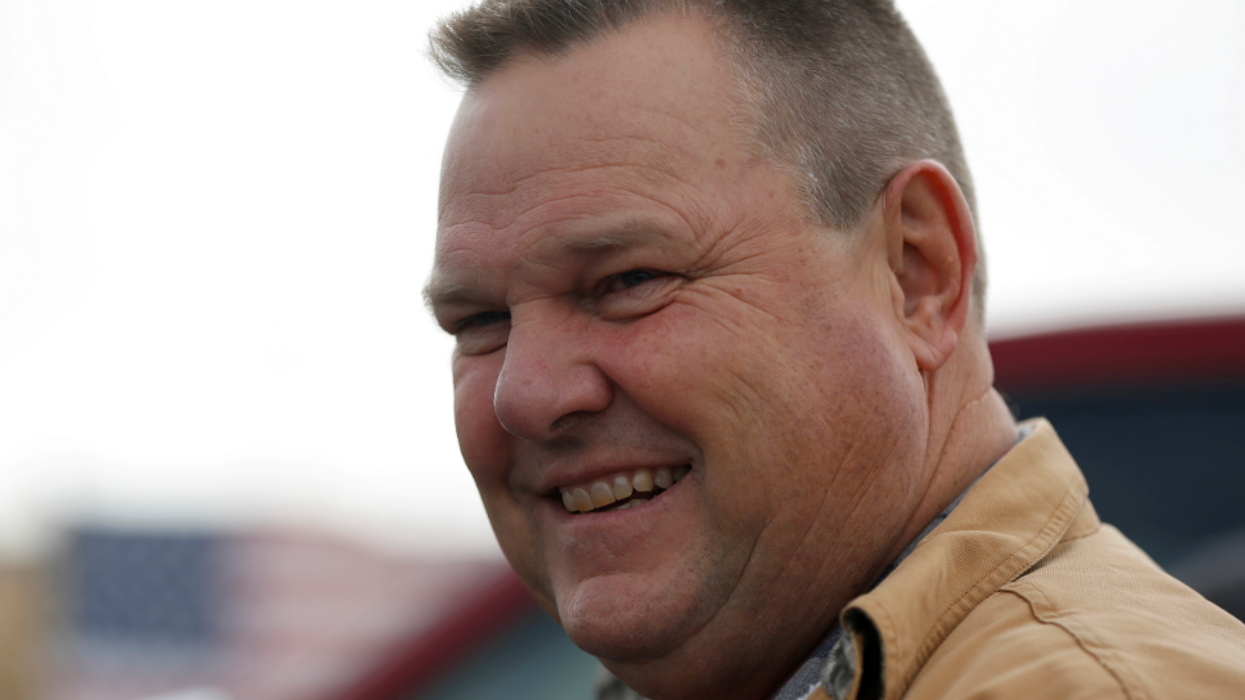Presidential Prejudices: Will America Ever Elect A Female Or Atheist Or Mormon Or Gay President?
Until Mitt Romney, no major party has nominated a Mormon as their presidential candidate. And Americans are still a bit uneasy about his religion: Today a new Gallup poll shows that nearly 1 in 5 (18 percent) of Americans say they will not vote for a Mormon presidential candidate. Are Mormons disproportionately disliked? Is this kind of bias expected? Here’s how Americans feel about electing presidents from other minority groups (and women).
Women
They actually are the majority, not a minority, although they didn’t win the right to vote until 1919, and still hold only 16.8 percent of the 535 seats in Congress. But Hillary Clinton (and Sarah Palin) may have changed America’s perceptions of what a presidential candidate looks like: A 2011 Pew Research national survey finds that only 7 percent of Americans would be less likely to vote for a presidential candidate who happened to be a woman.
Hispanics
With all the talk about whether or not Florida Senator Marco Rubio is really being vetted to become Romney’s running mate, people are now suggesting a 2016 presidential run for the rising Republican star. He would face less bias than Romney, according to a 2011 Pew Research survey indicating that 11 percent of Americans would be less likely to support a Hispanic presidential candidate. But then there’s the fact that he was also a practicing Mormon as a child…
Gays
There have only been six openly gay members elected to Congress in the history of the United States. So it comes as no surprise that a 2007 Gallup poll shows 41 percent of Americans would not vote for a gay presidential candidate. With the passage of multiple same-sex marriage bills in multiple states — along with the president’s endorsement — that may be changing.
Asian-Americans
A recent study by the Pew Research Institute shows that Asians have become the fastest growing immigrant group, overtaking Hispanics. So far their presence hasn’t sparked deep wells political resentment: The discomfort level for voting for an Asian presidential candidate has dropped from 23 percent in 2001 to just 9 percent in 2009.
Muslims
Americans are scared of them. After Keith Ellison (D-MN) became the first Muslim elected to Congress in 2008, David Barton, named by Time magazine as one of “The 25 Most Influential Evangelicals”, suggested that the solution to the fear of having Muslims in Congress was to convert them to Christianity. Apprehension toward Muslims remains prevalent throughout America. According to a Public Religion Research Institute study, 64 percent of Americans would be somewhat uncomfortable or very uncomfortable with a Muslim President.
Atheists
Congratulations atheists! Americans fear you more than any other group, barely squeaking past the Muslims. In the 2011 American Values Survey, 67 percent of Americans felt somewhat uncomfortable or very uncomfortable with the notion of an atheist presidential candidate.









